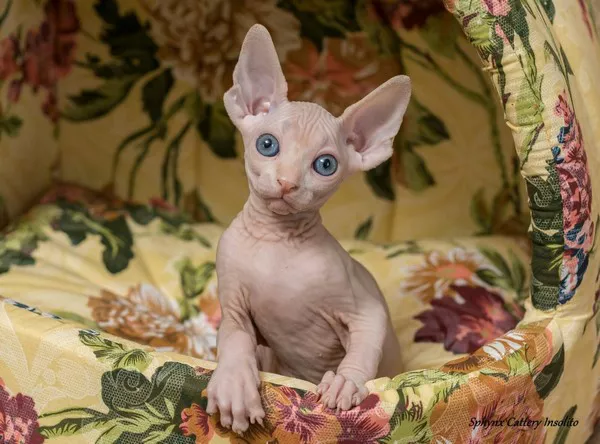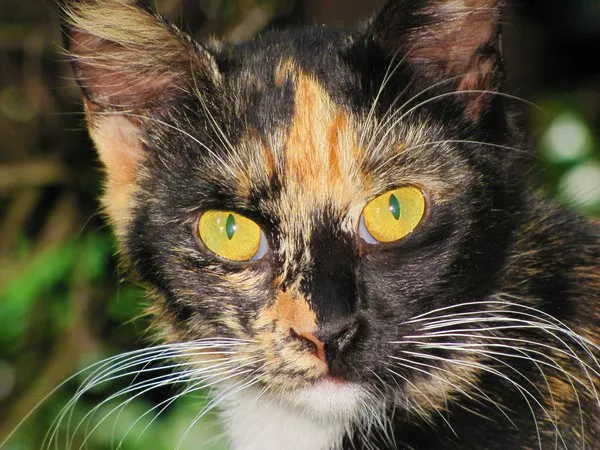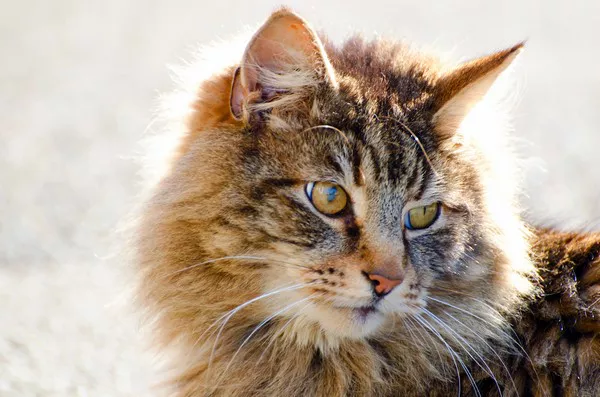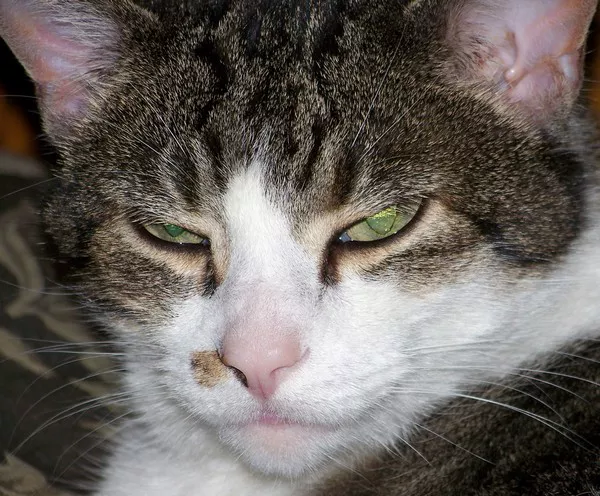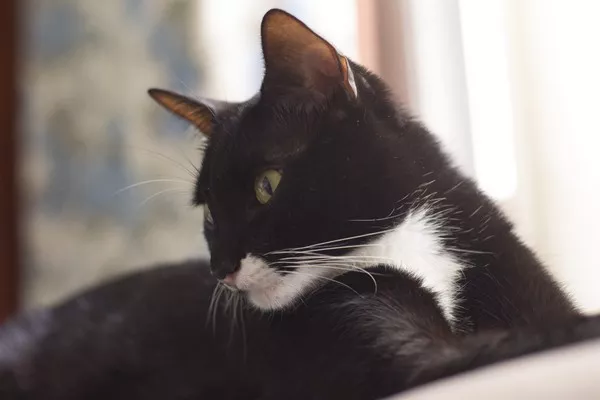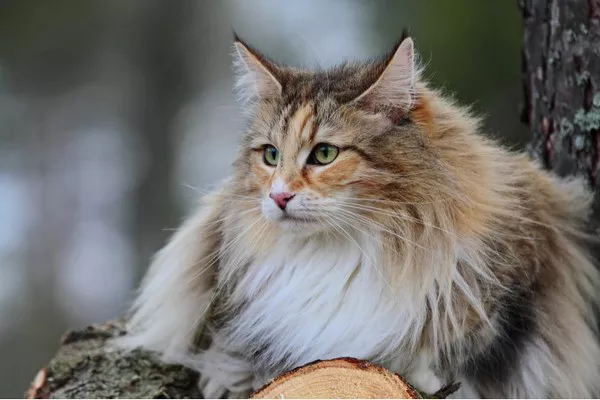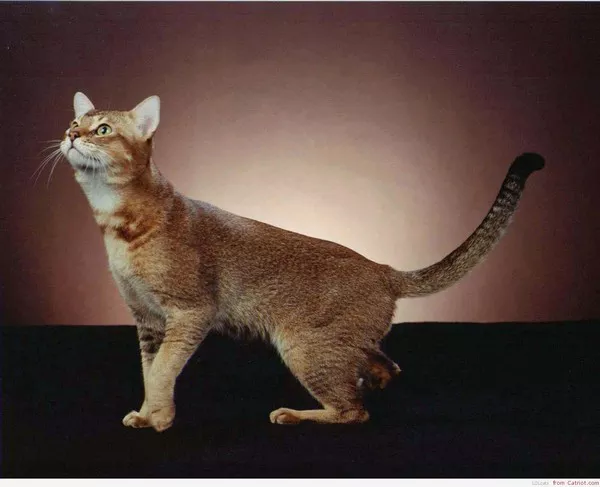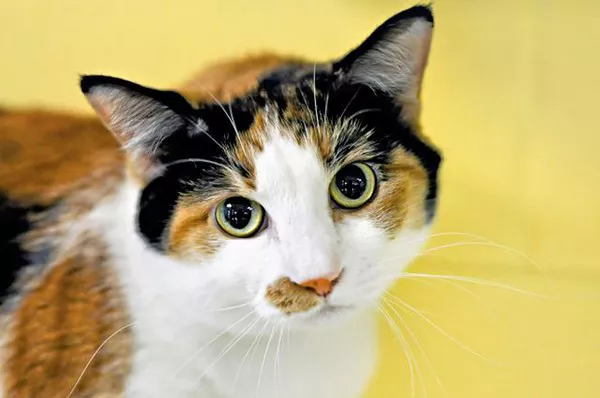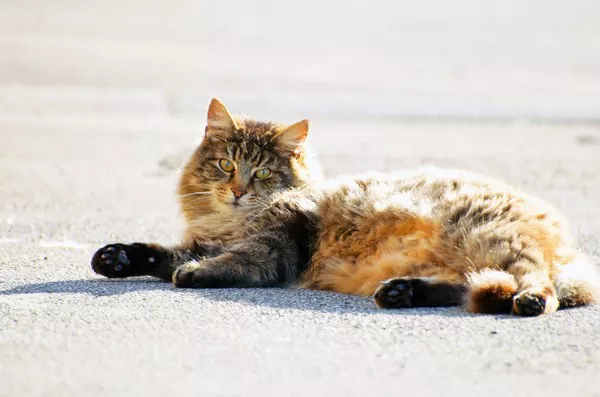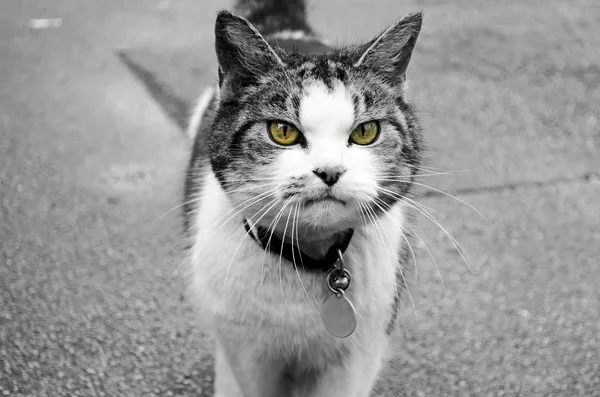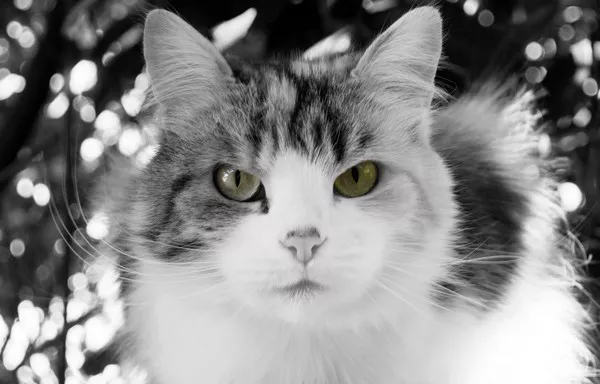Sphynx cats, with their unique hairless appearance and affectionate personalities, are a captivating breed that has captured the hearts of cat enthusiasts worldwide. As devoted companions, Sphynx cats rely on their owners to provide them with a balanced and nutritious diet to support their health and well-being. In this article, we explore the dietary needs of Sphynx cats, delving into what they eat, how to meet their nutritional requirements, and tips for maintaining their optimal health.
Understanding Sphynx Cat Nutrition: Essential Nutrients and Dietary Needs
Before diving into specific dietary recommendations, it’s essential to understand the nutritional requirements of Sphynx cats and the key nutrients they need to thrive.
Protein
Protein is a crucial component of a Sphynx cat‘s diet, as it provides the building blocks for healthy muscles, tissues, and organs. High-quality sources of protein, such as poultry, fish, and meat, should form the foundation of a Sphynx cat’s diet to ensure they receive the essential amino acids they need for optimal health.
Fat
Fat is another important nutrient for Sphynx cats, providing a concentrated source of energy and essential fatty acids. Look for cat foods that contain moderate levels of healthy fats, such as omega-3 and omega-6 fatty acids, to support skin and coat health, as Sphynx cats may be more prone to dry skin and dermatological issues due to their lack of fur.
Carbohydrates
While Sphynx cats do not require carbohydrates in their diet, they can still benefit from small amounts of digestible carbohydrates from sources such as fruits, vegetables, and grains. These carbohydrates provide fiber and essential nutrients while helping to support digestive health and provide a source of energy.
Feeding Options: Choosing the Right Diet for Your Sphynx Cat
When it comes to feeding Sphynx cats, owners have several options to consider, including commercial cat food, homemade diets, and raw or cooked food. Each option has its advantages and considerations, and it’s essential to choose the one that best meets your cat’s individual needs and preferences.
Commercial Cat Food
Commercial cat food is a convenient and practical option for many Sphynx cat owners, as it provides a balanced and complete source of nutrition in a convenient format. Look for high-quality cat food brands that use real meat as the primary ingredient and avoid artificial additives, fillers, and by-products.
Homemade Diets
Some owners prefer to prepare homemade diets for their Sphynx cats, allowing them to have greater control over the ingredients and quality of the food. If opting for a homemade diet, it’s essential to work with a veterinarian or animal nutritionist to ensure the diet is balanced and provides all the essential nutrients your cat needs.
Raw or Cooked Food
Raw or cooked food diets have gained popularity in recent years, with some owners opting to feed their Sphynx cats a diet consisting of raw meat, bones, and organs. While raw food diets can be beneficial for some cats, they also carry certain risks, including bacterial contamination and nutritional imbalances. It’s essential to thoroughly research and consult with a veterinarian before transitioning your cat to a raw food diet.
Feeding Frequency: How Often to Feed Your Sphynx Cat
In addition to choosing the right diet, it’s essential to establish a feeding schedule that meets your Sphynx cat’s nutritional needs and lifestyle.
Adult Cats
For adult Sphynx cats, feeding two to three small meals per day is typically sufficient to meet their energy requirements and prevent overeating. Splitting their daily food intake into multiple meals can help prevent digestive issues and promote healthy eating habits.
Kittens
Kittens have higher energy and nutritional requirements than adult cats and may need to be fed more frequently throughout the day. Aim to feed kittens four to six small meals per day, gradually reducing the frequency as they grow and mature.
Free-Feeding vs. Scheduled Feeding
While some owners prefer to free-feed their Sphynx cats, allowing them to graze on food throughout the day, others opt for scheduled feeding times to establish routine and portion control. Both approaches can be effective, and it’s essential to choose the one that works best for your cat’s individual needs and lifestyle.
Special Considerations: Addressing Dietary Sensitivities and Health Issues
Like all cats, Sphynx cats may have specific dietary sensitivities or health issues that require special attention and consideration.
Food Allergies
Some Sphynx cats may develop food allergies or sensitivities to certain ingredients, such as grains, poultry, or fish. If your cat exhibits signs of food allergies, such as itching, vomiting, or diarrhea, consult with your veterinarian to identify and eliminate the offending ingredient from their diet.
Digestive Issues
Sphynx cats may be more prone to digestive issues, such as diarrhea or gastrointestinal upset, due to their sensitive digestive systems. If your cat experiences digestive issues, consider switching to a highly digestible cat food formula or consulting with your veterinarian for dietary recommendations.
Weight Management
Maintaining a healthy weight is essential for Sphynx cats, as excess weight can increase the risk of obesity-related health issues. Monitor your cat’s body condition regularly and adjust their diet and feeding regimen as needed to prevent excessive weight gain or loss.
Conclusion
In conclusion, providing a balanced and nutritious diet is essential for supporting the health and well-being of Sphynx cats. By understanding their nutritional needs, choosing the right diet, and establishing a feeding schedule that meets their individual requirements, owners can ensure that their Sphynx cats thrive and enjoy a long, happy, and healthy life. With proper care and attention to dietary considerations, Sphynx cats can continue to captivate and delight their owners for years to come.

